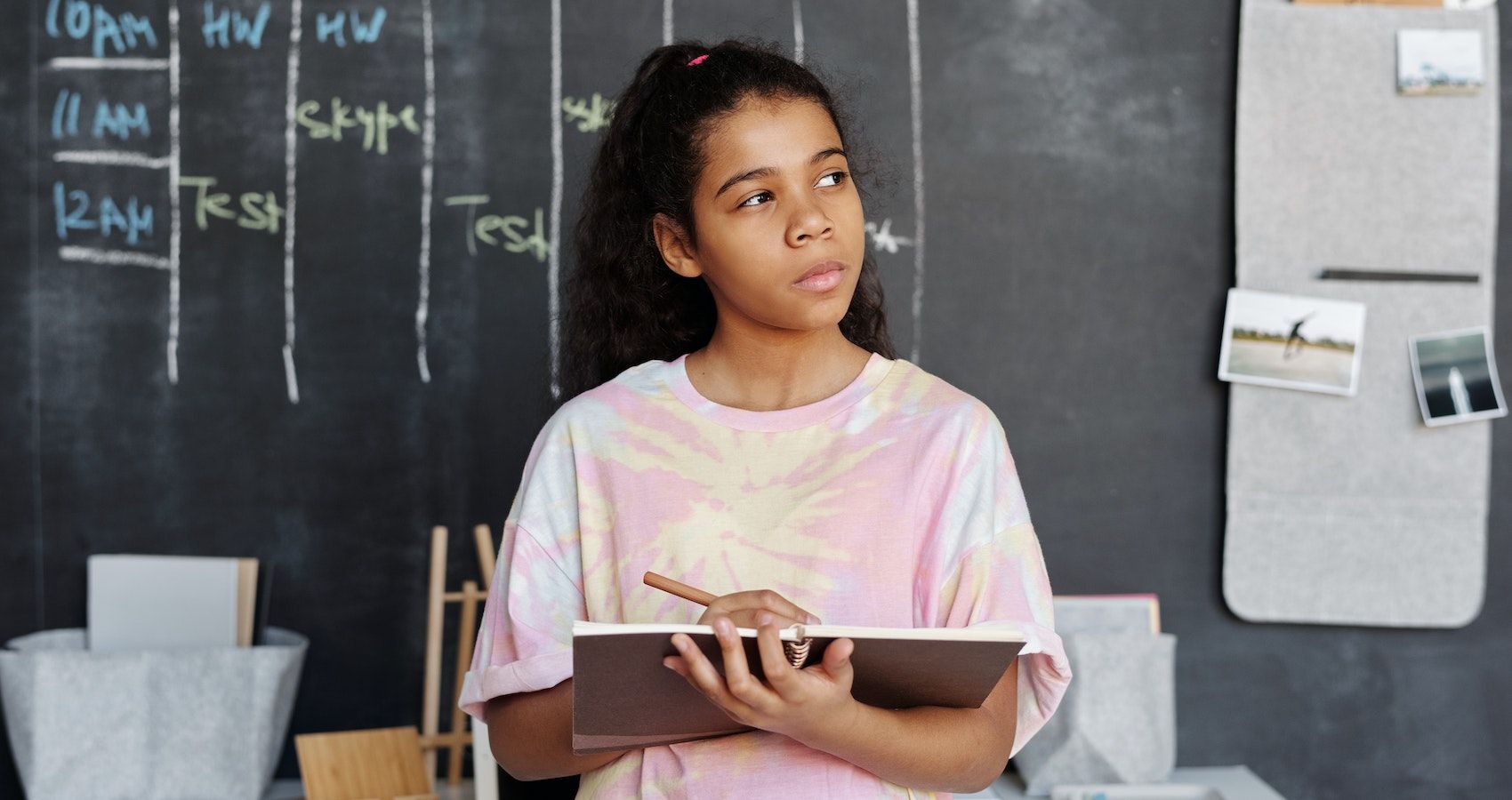When children learn in ways that are outside the realm of typical, it can cause them trouble in school and even lead to the diagnosis of a learning disability. While it is an additional challenge, there are many ways to overcome the difficulties of learning differently. When kids are diagnosed with either a learning disability or ADHD, it's normal to worry about how this will affect them as they grow. Parents can empower their children who learn differently by learning themselves about what their child needs in order to succeed in school.
All children develop at different rates and there are many styles of learning that they will relate to more easily. The VARK model of learning is widely accepted in education. VARK is an anagram for Visual, Aural, Read/write, and Kinesthetic.
Four Identified Learning Styles
These are all identified learning styles that most of us will use in order to understand new concepts and information. On the VARK site, these modalities are explained more in depth. Here are the four identified learning styles:
- Visual-this type of learner prefers items like maps, drawings, and other visual characters that can be used to represent numbers or objects.
- Aural-this is the preference for the spoken word and these kids learn best from discussions, lectures, and group work.
- Read/write-these are people who love words and matching them with visuals. This is the most common learning style in schools and one that is preferred by teachers.
- Kinesthetic- this learning style is hands-on and students thrive with "concrete examples" that can be explained such as studies, graphs, or anything that can be physically held or felt.
It's when kids still fail to progress that we see that they may be learning differently or even more slowly. If your child has always been one to take longer to understand concepts or study hard but still fail a test, or just can't sit still, they may not have a typical way of learning.
Learning disabilities can interfere with both school work and school behavior. Ideally, all kids would be screened in kindergarten or 1st grade to identify any issues before it becomes a problem.
Learning Differently Is Common
While there can still be a stigma attached, learning disabilities are very common. According to Understood, 2.3 million kids in US public schools have plans in place to support them whenever possible. These are the students who are put on individualized education plans or IEPs. These kids spend most of their days in the regular classroom but are usually taken aside to work on the challenges they have.
If you suspect your child has a learning disability or some other diagnosis that is making school harder, you will need to advocate for a time and place to test your child. This is the type of request where a meeting should be put into place during the same week. Your child's teacher is likely the greatest source of information here. If you have your own suspicions of a learning disability, reach out to get their opinion. Advocate getting your child tested as soon as possible.
The later a learning disability is diagnosed the more your child will likely struggle. Repeating grades in the first years of elementary school is common for this reason. If your child is struggling, the teacher should notice and suggest an evaluation, but parents and teachers need to work together.
Support
Even if your child has a learning disability, there are areas where your child will thrive and that is where you should focus. If they're getting good grades on tests or understanding new concepts, give them some praise. Recognition is so valuable and can boost their confidence in their own abilities. Healthy Children suggests that families support their kids in any way possible and look toward the future with hope. Colleges also have programs to support students who learn differently.
A learning disability doesn't mean they can't be successful or reach high academic success, it just means they need to find strategies that support them. Making note cards to study as well as re-writing what they have learned can be a great help.
It's also so important for these kids to focus on their social and emotional skills as well. Being behind classmates, or noticing they are behind can be frustrating, even adults struggle with that. Always be clear with them that this is how their brain works and while it's different there is nothing wrong with them.
Stay positive for them and as their mom, lift them up when you can.
Source: Child Mind Institute, Healthy Children, Understood, VARK




